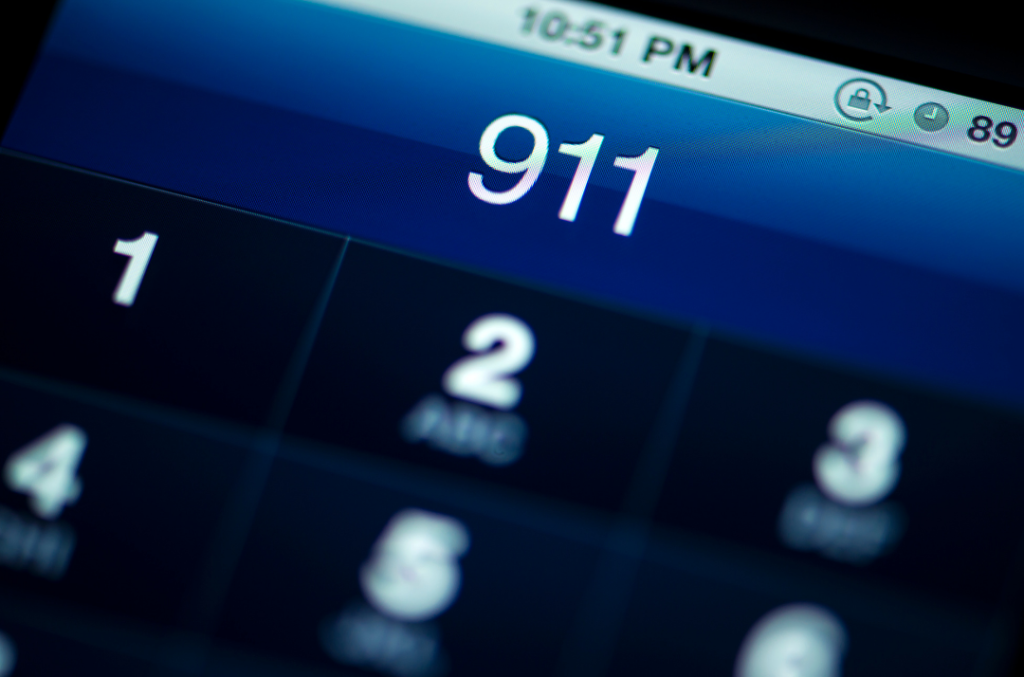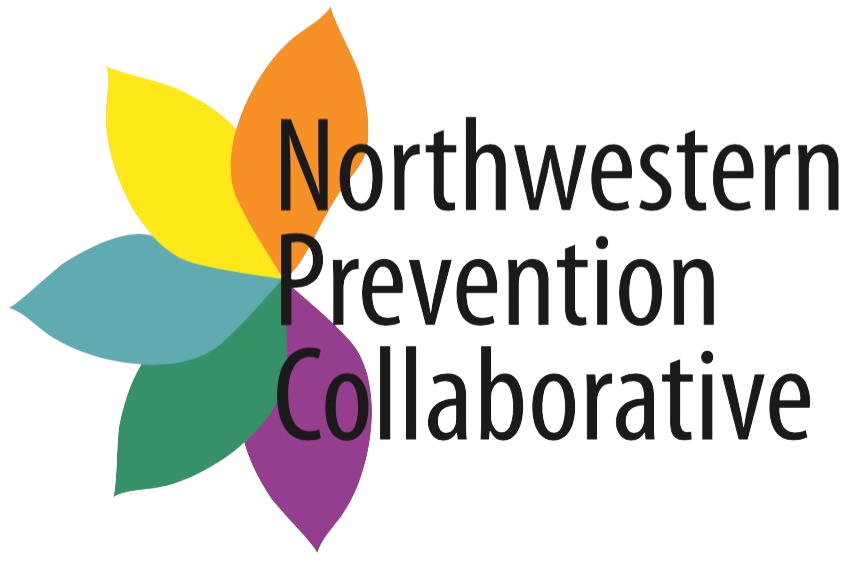Here’s the scenario: You’re out partying with friends, one drink turned into another and your friend, who was just fine moments ago, is now passed out. What you do next may matter more than you even know. Many people are hesitant in these moments. They can be afraid of the consequences, or perhaps just fail to recognize the seriousness of the situation. There is a significant difference between someone who is “sleeping off” the alcohol and someone who is unconscious from consuming too much alcohol.
What to do first
If your friend has been consuming alcohol and has passed out, the first step should be an attempt to wake them. Someone who has “crashed early” from having too many drinks should be relatively easy to wake up. To test their responsiveness, attempt to wake your friend with escalating tactics.
First, call their name and shake their shoulders. If they do not respond to this, rub their sternum with your knuckles to see if they react to pain. If your friend does respond to either, it doesn’t mean they are out of the woods yet.
A person’s blood alcohol content (BAC) can continue to rise even when they’ve stopped drinking and are unconscious. Thus, the next step is to monitor your friend closely and place them on their side with something behind their back to prevent them from rolling over. If they are on their back or stomach, they could vomit and choke. If your friend doesn’t respond at all, it’s time to take the next step.
When to get help
If your friend doesn’t respond to their name, being shaken, or to pain, they are likely unconscious and at serious risk of death or injury. At that point, it is time to get help by calling 911 or your local emergency number. Don’t worry about “getting in trouble” or facing punishment because in the long run, a friend who is alive is worth it. Keep in mind that your friend doesn’t need to be passed out to be in danger. According to the NIAAA, other signs that your friend has overdosed on alcohol and that you should call 911 include:
- Confusion
- Clammy skin
- Blue-tinged or pale skin
- Low body temperature
- Seizures
- Vomiting
- Breathing fewer than eight times a minute
- Pausing for 10 or more seconds in between breaths
- Reduced physical responses (i.e., lack of the normal gag reflex that prevents choking)

The Bottom Line
When in doubt, call for help. First responders and law enforcement are more concerned about saving someone’s life, not “getting you in trouble.” Don’t just assume your friend is sleeping it off when they could be in dire need of help, and no one knows it. While it may be crowded and other people could be aware of what’s going on, don’t wait for someone else to make the call. If you see something, do something.




Comments are closed.